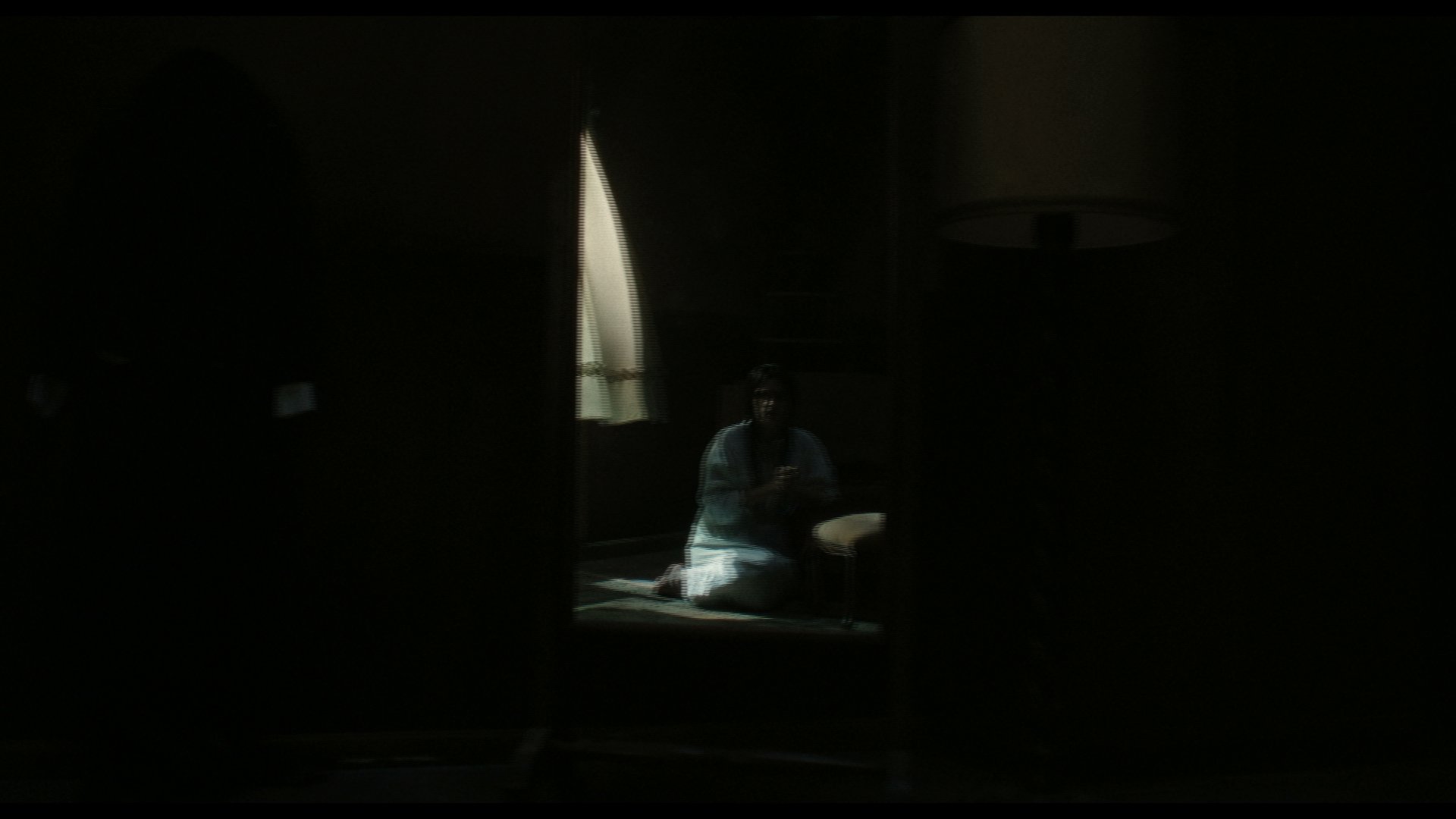The First Omen
Fast, brash and intermittently nonsensical, The First Omen – a straight-laced prequel to Richard Donner’s horror opus – plays like a gussied up version of Blumhouse’s Nun franchise, with more body horror and slightly less cheap theatrics. Not zero; co-writer/director Arkasha Stevenson is not above throwing an item suddenly from offscreen or messing with her soundtrack to keep the audience off balance. But there is definitely a stronger focus on slow-moving horror of lost control, comparing the willful abdication of self-ownership that becoming a nun seems to require with the physical reality of motherhood. The view of child-bearing as transgressive and similar to a parasitic infestation isn’t new – Cronenberg has dallied with similar repeatedly – but Stevenson dares to take it to new, transgressive heights … until she remembers this is also an Omen film.
A prequel, in point of fact, picking up some two years before the beginning of the Richard Donner original. Rather than focus on the hijinks of childish Anti-Christ Damien, it focuses on the orphanage in Rome where he was born, and the strange forces at work which made that day possible. Introducing a pre-consipiracy Father Brennan who has just begun to learn of strange forces at work within the Catholic church attempting to bring the Anti-Christ into the world in order to force a disenchanted populace back to the church. At the center of the attempt are the nuns of an offbeat orphanage in Rome, recently joined by Sister Margaret Daino, a young woman raised her whole life in the church and preparing to take her vows. Her confidence is shaken, not just by Brennan’s words of warning, but by increasingly strange visions and dreams she encounters as she stays at the orphanage.
Like a secret Satannic bishop running a cult inside of an active church, Stevenson has many masters appease. On the one hand is her own particular point of view around what could be and is terrifying. On the other is the need to service story beat’s for a nearly 40-year-old franchise which ended its run in the 1980s. These don’t have to be two competing requirements, but it’s difficult for them not to be. The more The First Omen gives play to the latter – bringing in Father Brennan, explaining the Mark of the Beast and the cults secret plan, sending Margaret to comb for files and evidence – the more interesting first idea wilts and dies.
It brings with it a need to hold the audiences hand and guide reactions which works directly against the horror the film is trying to generate. The original Omen, coming in the wake of The Exorcist and a desire to capture that type of unsettling presence without the years of tropes attached to the genre to emulate, was crafted in the hands of a practiced Hollywood professional with no connection to the genre to be something cold and genuinely unnerving. It worked because of what it frequently didn’t do, adding power to the moments when it did do something. More than 30 years later there is an understanding not just that certain soundscapes and choices in the soundtrack – of those choir cues and chanting – would get the audience to the right emotional beat, but that the film should use them no matter what.
What’s left is a film which frequently tries to identify itself, but only does so when it gets out of its own way. When it does there are some gloriously disturbing moments that question what reality is for a large number of people. But it will as quickly turn to another very heavy handed horror film which can’t trust it’s audience to be truly disturbed, it needs to remind that this is a ride with guard rails and a set path. The time of The Omen has probably passed.
5 out of 10.
Starring Nell Tiger Free, Sonia Braga, Ralph Ineson, Bill Nighy, Tawfeek Barhom, Maria Caballero, Nicole Sorace, Ishtar Currie Wilson, Andrea Arcangeli and Charles Dance. Directed by Arkasha Stevenson.


